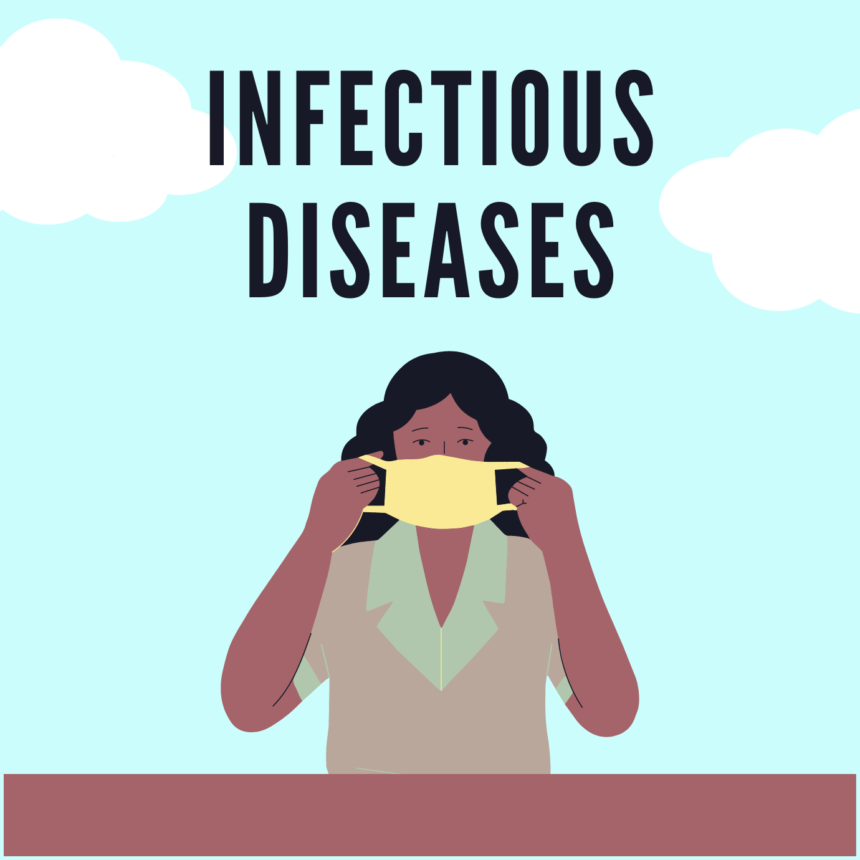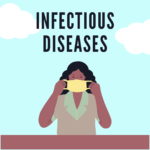The Zika virus, a mosquito-borne pathogen, burst into global consciousness in recent years due to its association with severe birth defects. This article provides insights into the Zika virus, its transmission, symptoms, prevention, and the ongoing efforts to combat its spread.
Transmission:
The Zika virus is primarily transmitted through the bite of infected Aedes mosquitoes. It can also spread through sexual contact, blood transfusions, and from mother to child during pregnancy or childbirth.
Global Impact:
Zika garnered international attention during the 2015-2016 outbreak in the Americas. Key points:
- Birth Defects: Zika infection during pregnancy can cause microcephaly, a severe birth defect where babies are born with abnormally small heads and brain damage.
- Travel Concerns: Travel-related cases have led to global concerns, especially among pregnant women.
- Continued Threat: Zika remains a threat in many parts of the world, and the potential for future outbreaks exists.
Symptoms:
Many Zika infections are asymptomatic or cause only mild symptoms. Common symptoms include fever, rash, joint pain, and conjunctivitis (red eyes). Symptoms typically last for several days to a week.
Prevention:
- Avoiding Mosquito Bites: Using mosquito nets, repellents, and wearing long-sleeved clothing can reduce the risk of mosquito bites.
- Safe Sexual Practices: Couples with one or both partners at risk of Zika should use condoms during sex.
- Pregnancy Planning: Pregnant women or those planning pregnancy should avoid travel to Zika-affected areas.
Challenges and Ongoing Efforts:
- Vector Control: Effective mosquito control measures are critical in preventing Zika’s spread.
- Research: Ongoing research aims to better understand Zika, including its transmission dynamics and potential long-term effects.
Global Initiatives:
- Public Health Response: Governments and international organizations have coordinated responses to Zika outbreaks, including increased mosquito control efforts.
- Vaccine Development: Research is underway to develop a Zika vaccine, although it is still in the experimental stage.
Conclusion:
The Zika virus, while not currently in the spotlight, remains a concern due to its potential for resurgence and its devastating impact on newborns. Continued vigilance in mosquito control, research, and public health efforts is crucial to prevent future outbreaks and protect vulnerable populations, especially pregnant women and their infants.








